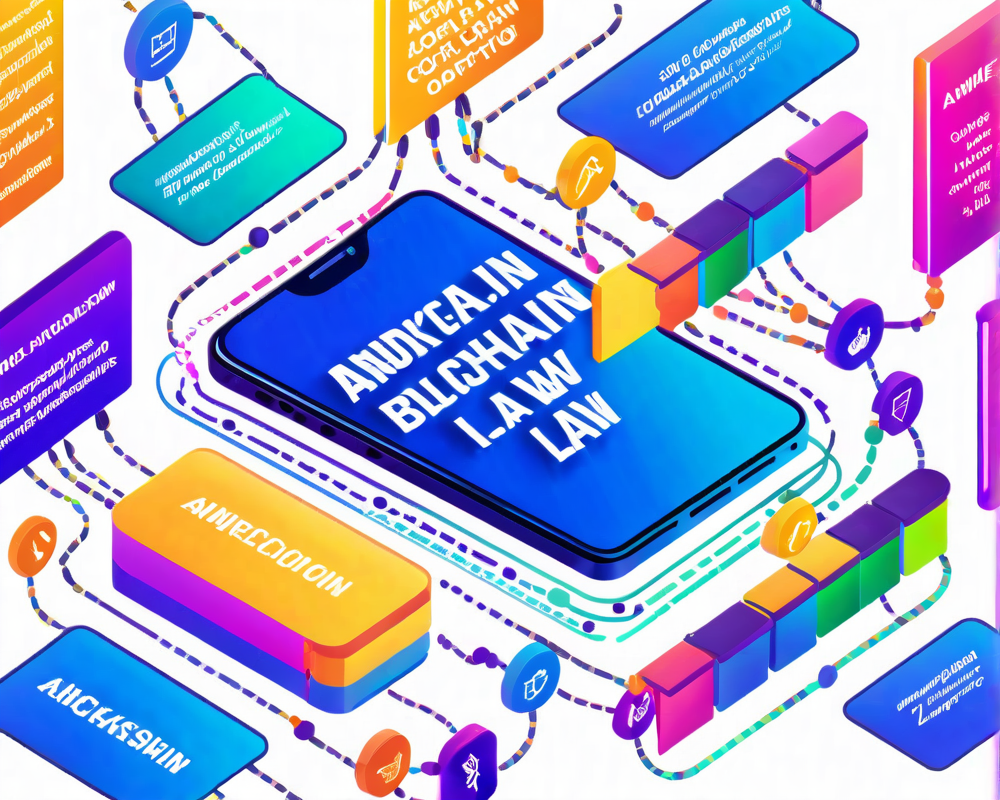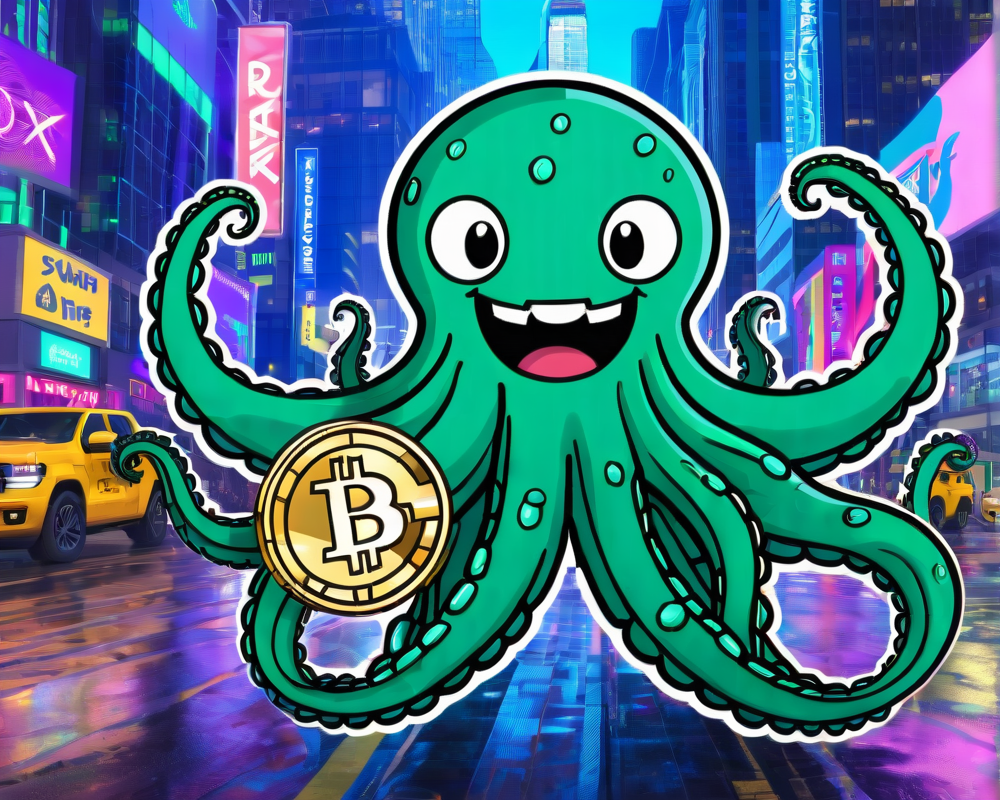Introduction: The Dawn of Tech-Savvy Regulators
It seems that competition authorities have finally decided that the old chalkboard just won’t cut it anymore. With blockchain and artificial intelligence strutting around like they own the place, the Department of Justice (DoJ) is diving headfirst into the technological pool—arms flailing and all. On Tuesday, the DoJ excitedly announced its partnership with Stanford’s Computational Antitrust project, where they plan to level up in the ultimate game of cat and mouse against monopolies.
The Need for a Tech Upgrade
Makan Delrahim, the DoJ’s antitrust honcho, clearly felt that the digital revolution couldn’t be ignored any longer. During a heartfelt farewell speech at Duke University, he called for an upgrade in the division’s tech literacy. This is no longer just about dusty old law books; blockchain’s decentralization capabilities and AI’s analytical prowess could make a game-changing impact in antitrust enforcement. “I expect the Division will play a critical role in ensuring market conditions are conducive to unleashing blockchain’s revolutionary potential,” he proclaimed. It’s the kind of lofty ambition you’d expect from someone who’s about to retire.
Learning from the Masters
As part of the modernizing effort, the DoJ has rolled out exclusive courses on blockchain, AI, and machine learning at MIT’s Sloan School of Management. It’s like taking a class with the cool kids, and who doesn’t want to be cool? This effort may be reminiscent of SEC Chairman Gary Gensler’s days teaching blockchain, making it a cozy reunion for tech-savvy lawyers looking to up their game.
The Computational Antitrust Project: What’s Cooking?
Brought into the spotlight just this week, the Computational Antitrust project aims to create a brain trust of diverse academics and practitioners focused on navigating the complexities of modern markets. Thibault Schrepel, the mastermind behind this initiative, dreams of a future where AI and blockchain unite with quantum computing, serving to demystify the world’s complexities. Who needs a crystal ball when you have cutting-edge tech?
Antitrust Agencies Going Global
With 48 agencies hopping on the Stanford bandwagon, what exactly will they be doing? Dr. Schrepel reveals, “They will share a short annual contribution detailing their tech modernization efforts.” This includes machine learning, natural language processing, and even practical tools like smart contracts. Blockchain could play an essential role in ensuring the integrity of databases, ensuring that no one is pulling a fast one on the regulators.
Conclusion: The Future of Antitrust Law
As the competition jurisdiction gears up for a tech renaissance, what does the global landscape look like? Countries seem invigorated, with the DoJ recently blocking Visa’s acquisition of Plaid and the FTC going head-to-head with Facebook and other social media giants. Meanwhile, in China, officials have been cleaning house in their tech sector, ensuring that their local giants like Jack Ma keep their feet firmly on the ground. Over in Europe, the EU continues its crusade against major tech firms, firmly holding the regulatory sword of Damocles over transatlantic data practices. One thing’s for sure – antitrust law is gearing up for an adrenaline-pumping change!




